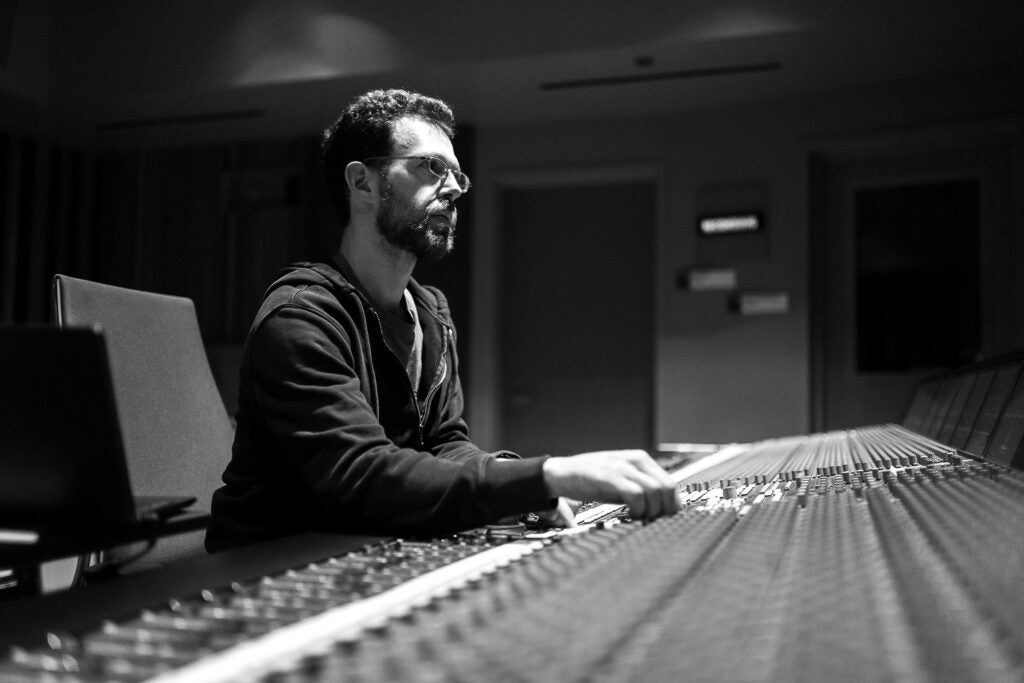Our Music Industry Programs will help you understand the practice of music as a profession while connecting you with prominent players within the vibrant Los Angeles music scene. Participate in student-run zines, concerts, and even a record label, and take part in events featuring prominent industry speakers. Take classes taught by top faculty and industry professionals and make use of our school’s professional-grade recording and music creation studios.
Options include:
- Music Industry BA: Our new degree provides a leadership-focused path to creative, executive, and entrepreneurial careers in the music industry.
- Music History and Industry BA: This hybrid degree program features a holistic approach to understanding music and the music industry. (Note: this degree is no longer accepting applications.)
- Music Industry Minor: This popular program prepares you for employment in the music industry by highlighting key topics including marketing, sales, recording production and more. This program is open to all UCLA students.



